DENIER
The denier of the yarn directly affects the appearance and texture of the fabric. Thin yarns are suitable for lightweight window screens or fabrics, while thicker yarns are better suited for thicker textiles.
Learn more
The denier of the yarn directly affects the appearance and texture of the fabric. Thin yarns are suitable for lightweight window screens or fabrics, while thicker yarns are better suited for thicker textiles.
Learn more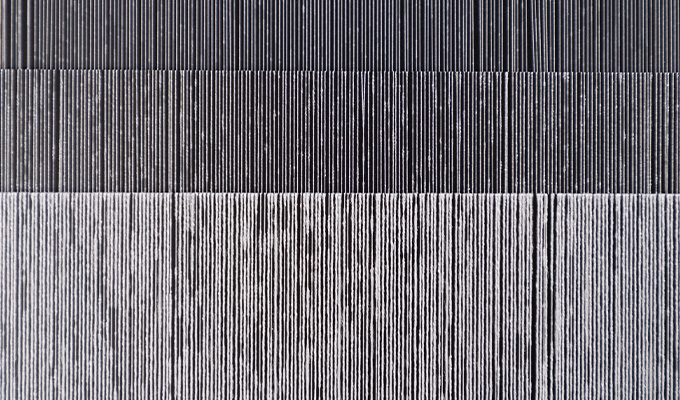
The number of filament determines the density and strength of the yarn. More filaments turn out to be a tougher fabric.
Learn more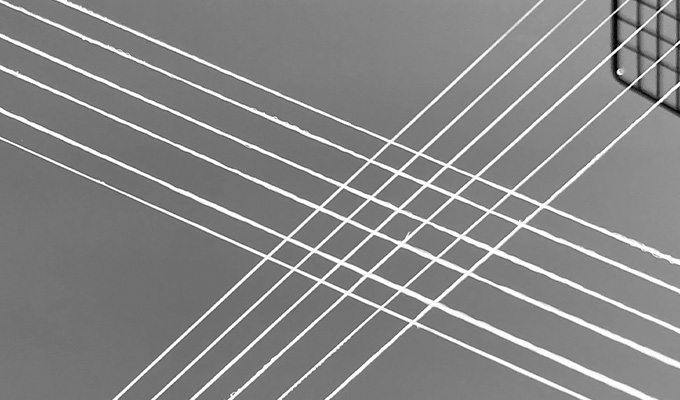
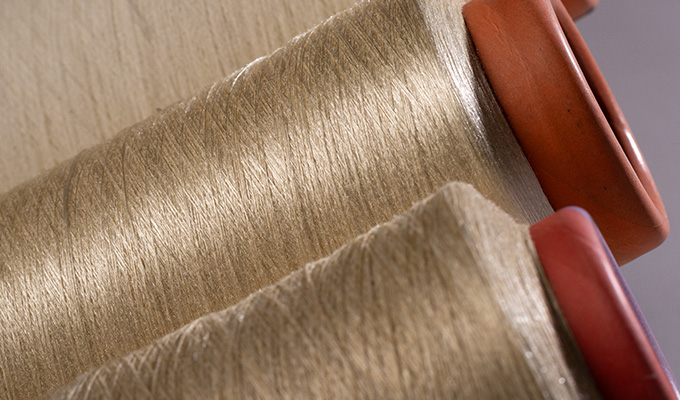
Yarn can be dyed into various colors. Regular colors include beige, gray, dark gray, light pink, light brown, and dark brown. Other colors can be customized according to samples or to Pantone color numbers.
Learn more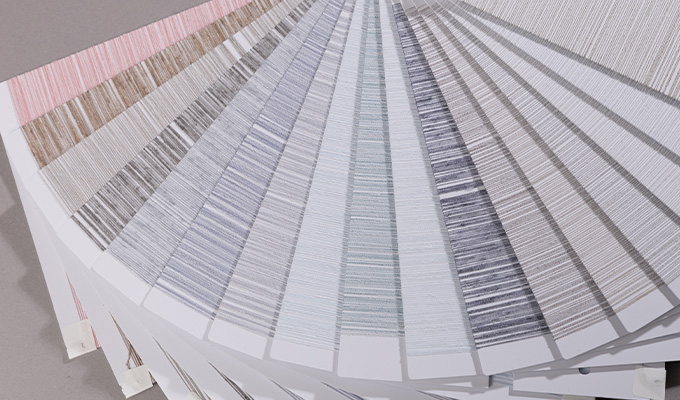
Flame retardant eco-yarn is a special fabric that can delay the burning of flames. It has excellent flame retardant properties and is environmentally friendly.
Learn more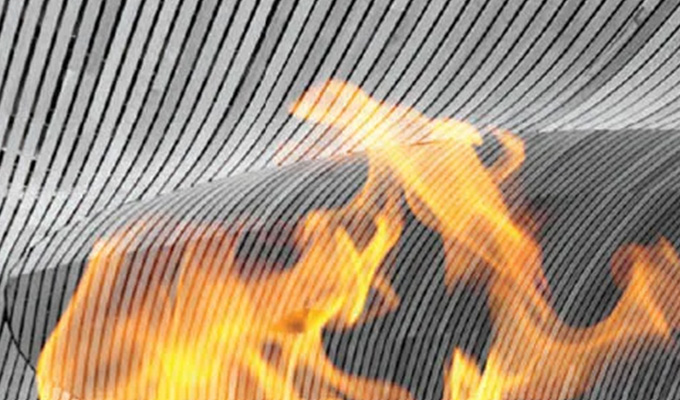
Recycled eco-yarn, which can be any type of fiber material, including cotton, linen, polyester, wool, etc.
see more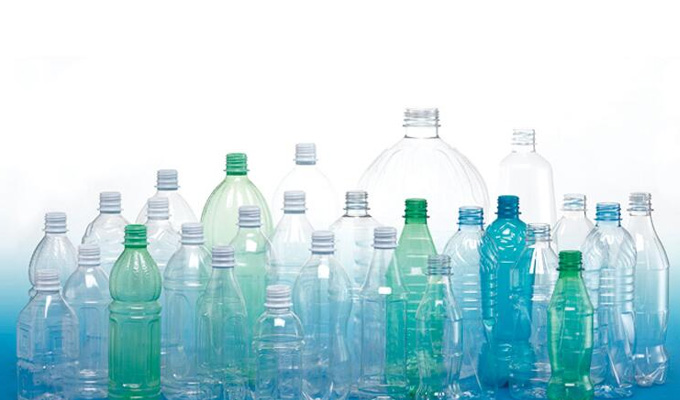
Cationic dyeable yarn has high temperature resistance, so during the yarn coloring process, other yarns will be colored, but cationic yarn will not.
Learn more
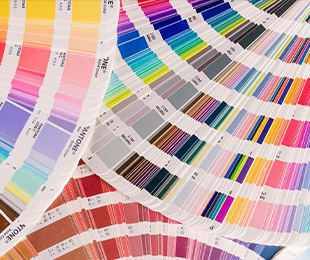
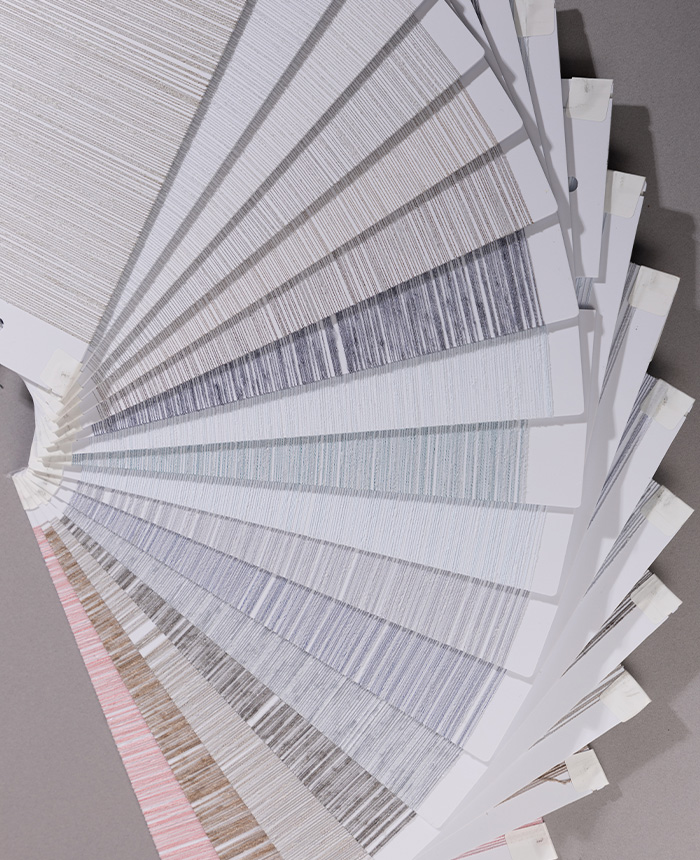
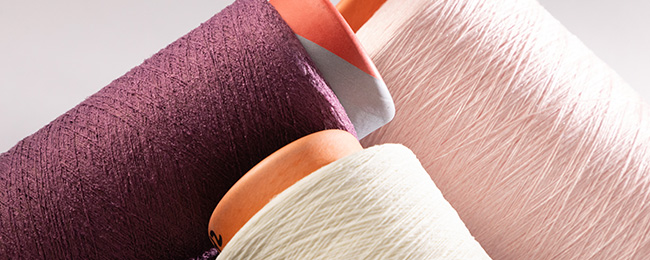
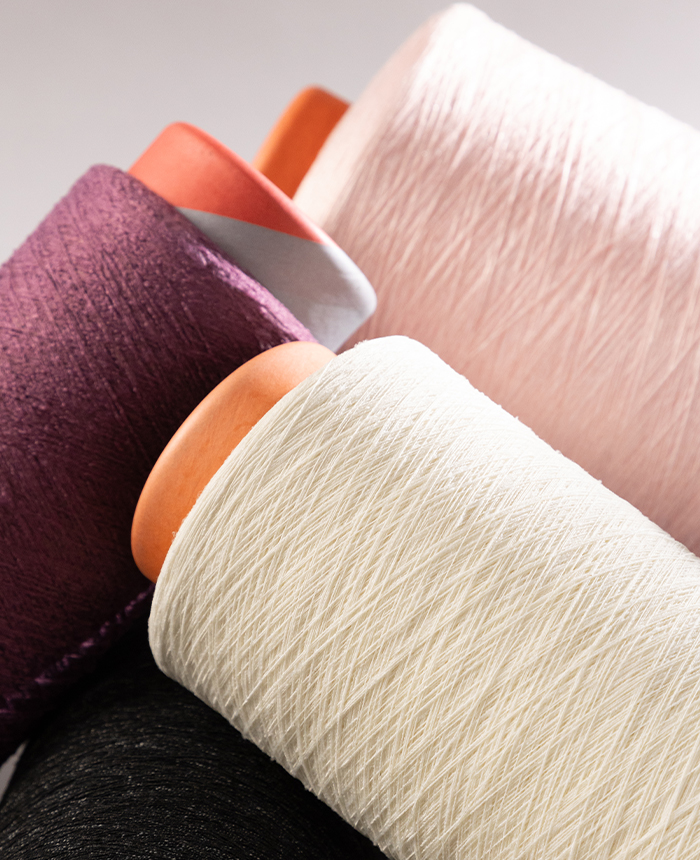


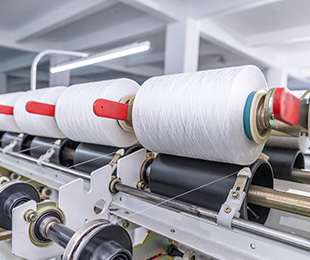
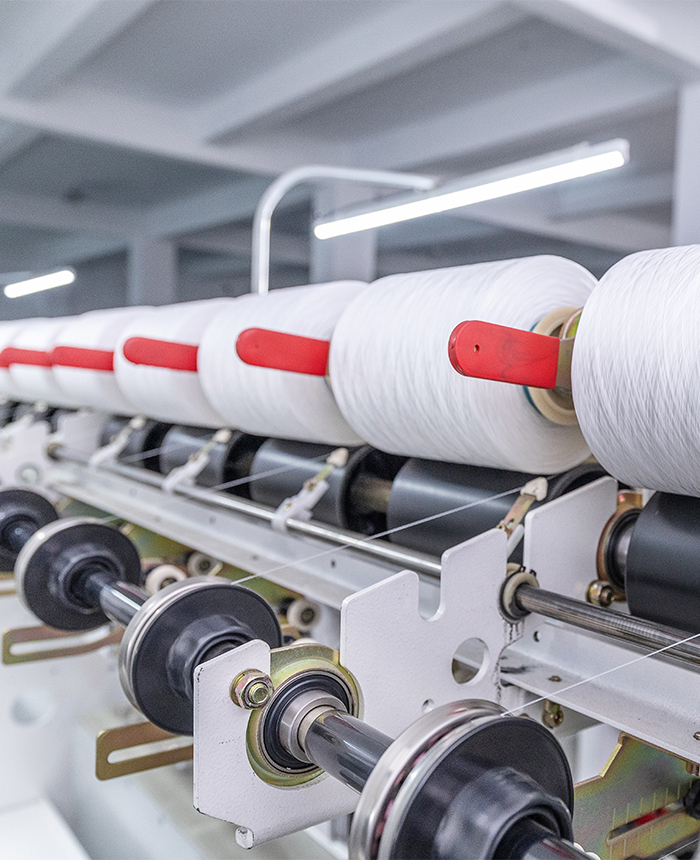
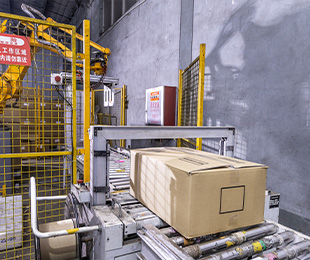





We’d love to hear from you! Fill out the form below and we’ll get right back to you.